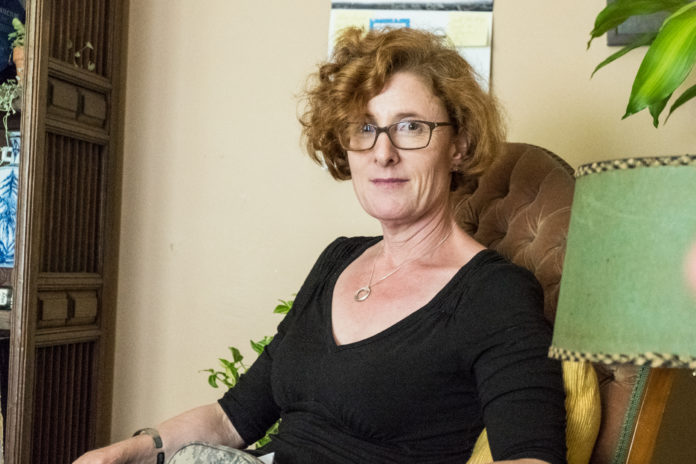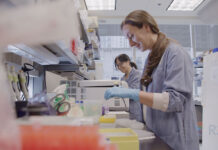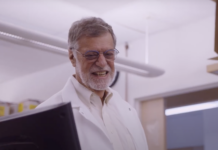Marlene Goldman is a Professor of English at the University of Toronto. Her research explores how we represent stigmatized minds and bodies. We asked her about everything from the influence of her mother in pursuing research work to botany as an alternative career in the hopes of giving you a better understanding of what goes on outside the lab for one of the best minds in Canadian research.
What do you like most about being a researcher?
I relish the freedom to explore problems that I find fascinating; my work does not determine speedy answers, so if the problem I’m analyzing requires five years to address or longer, I can follow fascinating and productive avenues and, equally important, I can hit dead ends without feeling as if I’m “on the clock” or “wasting money.” Being able to work on something challenging for however long it takes to articulate a coherent view is aesthetically, ethically, and, at times, clinically imperative.
What advice would you give young researchers?
This is a cliché, but I would tell people to follow their passion and to engage in research that is personally meaningful, and I would urge them to find ways to discover how it may also be publicly and culturally meaningful. Research that extends beyond a personal preoccupation will enable one to find one’s community and to share one’s insights; it will also open up ways to collaborate, and one’s own work will be richer for it.
What inspired you to become a researcher?
My mother: she told me after I was awarded my PhD that my kindergarten teacher insisted that she send me to school in dresses and tell me to stop asking so many questions. But my mom confessed that she did neither, and she was very proud that she supported me to become a person who asks and explores questions and who is able to wear whatever clothes she likes.
What do you like to do for fun?
I write, direct, and produce movies.
What’s your favourite cuisine?
Whatever my kids cook for me! My son is a crazy, talented chef, and get this: I’ve come home form overseas conferences, exhausted, and he’s been waiting for me to try his home-made cured salmon on a crostini, with picked onions marinated in beet juice with a dollop of crème freche. This was when he was 13. I am insanely blessed to have a son who loves to make appetizers and mains and a daughter who loves baking. (Speaking of what I do for fun, I love to cook with my kids!)
If you could do any profession other than your own what would it be?
I would not want a “profession”; I would like to work in a botanical garden and learn as much as possible about the interactions between plants, insects, and human beings.
If you could meet any historical figure, who would it be and why?
I would like to meet the writer George Elliot (Mary Ann Evans), and thank her for writing some of the most beautiful, philosophical, and insightful prose I’ve ever had the pleasure of reading. (I keep her novel Daniel Deronda by my bedside). Her book Middlemarch alerted me to the dangers of thinking one can serve a brilliant person (in the novel Dorothea Brooke, a lovely, passionate and bright young woman marries a much older man, Edward Casaubon, a pompous, ineffectual blowhard, who has no real talent for research. She hopes to help him with his “masterwork,” A Key to All Mythologies).
Thanks to reading Elliott early in my life, I realized that it’s a big mistake to hitch one’s wagon to a “star,” rather than chart one’s own path, engage with the world, and fail and succeed on one’s own terms.











































